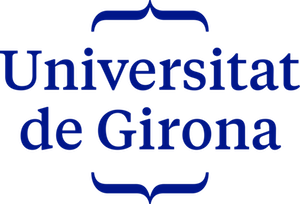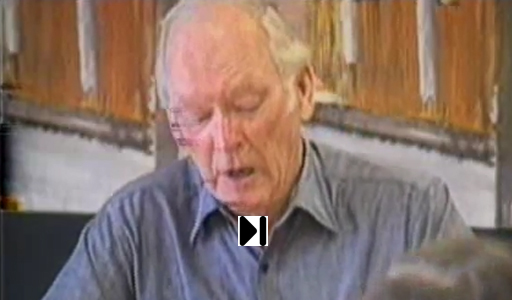
Donald Davidson
Donald Davidson (Springfield, Massachusetts, 1917 - Berkeley, California, 2003) fue Profesor de Filosofía en la Universidad de California (Berkeley) y es considerado uno de los filósofos del lenguaje más influyentes del siglo XX. Se doctoró en 1949 en la Universidad de Harvard y fue profesor en diferentes universidades americanas (Stanford, Rockefeller y Chicago). Fue uno de los máximos exponentes de la llamada filosofía de la mente, desarrollada en dos libros fundamentales; Essays on Actions and Events (1980), e Inquiries into Thruth and Interpretation (1984). En el primero, Davidson centró su estudio en las nociones de decisión y acción, en la naturaleza de los actos mentales y de las relaciones causales, y en la semántica de los lenguajes naturales. En el segundo, analizó la relación entre las teorías de la verdad y las teorías del significado, así como los conceptos de traducción, creencia, interpretación radical, referencia, metáfora y comunicación.
Programa
THE SOCIAL BASIS OF THOUGHT
Del 6 al 17 de junio de 1994
- The Problem of Objectivity. The nature of judgement. Varieties of holism and the reasons for them. Relation to skepticism.
- The Measure of the Mental. How the content of thought is assigned. The logical form of attributions of attitude. The nature of serious theory illustrated and its virtues extolled.
- The Problem of Truth. The folly of trying to define truth. The failure of coherence, correspondence, pragmatic, deflationary theories.
- A Theory of Truth. Providing a content for a theory of truth. Truth versus reference.
- Varieties of Externalism. Social and perceptual externalism, their sorts, and the arguments for and against them. Dummett, Burge, Kripke, Putnam.
- The Second Person. The concept of triangulation. The myth of the subjective and the source of objectivity in intersubjectivity. The essential role of language.
- First-Person Authority. First-person authority explained. Why externalism and indeterminacy do not threaten first-person authority.
- Thought Socialized. Confused ideas about truth and objectivity: internal realism, conceptual relativism, etc. The irreducibility of the three varieties of empirical knowledge.
- A Unified Theory. The reasons for wanting a unified theory of belief, evaluative attitudes and language. What makes this possible. A description of the theory.
- The Rejection of Skepticism. The correct view of error. Why massive error is impossible.
Clicar aquí para obtener el programa en pdf.
Audiovisuales
Clicando aquí podán ver las grabaciones de las lecciones de Donald Davidson.
Especialistas invitados
También participaron en el seminario, invitados por la Cátedra a petición del propio Davidson, los profesores Willard V. Quine y Burton Dreben (Harvard), Bruce Vermazen y Barry Stroud (Berkeley), Akeel Bilgrami (Columbia) y Ernie Lepore (Florencia).


